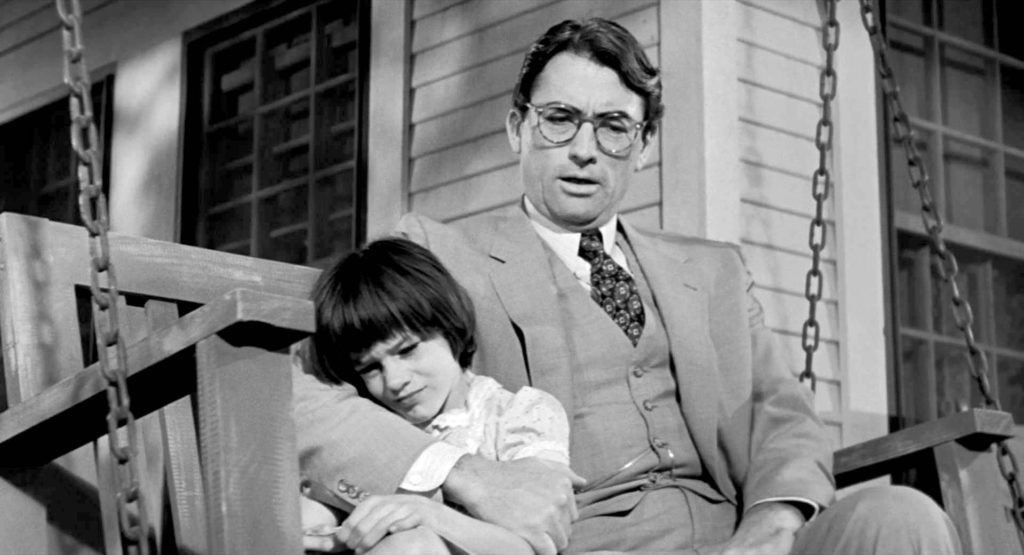Do you have a Walter in your life?

Today begins a new series of blogs about the characters from the pages of my trilogy, The Shepherd Chronicles. As the Shepherd, David travels about and engages in several encounters with people who might best be described as lost. It is David’s job to help those people find their way back to their life’s path. Many of these characters know how badly lost they are, others are totally clueless, thinking it’s the rest of the world that is crazy. Walter is one of the latter.
Walter is one of the few out-of-family characters whose name appears in all three books. In The Promise, we are introduced to the middle-aged perfectionist who is trying desperately to relive his life through the efforts of his son, Terry. Walter was, at best, an average athlete during his high school days and usually rode the bench during most games, scoring only one goal during three soccer seasons, no baskets during two basketball seasons and third doubles in tennis. His athletic abilities never carried him to even trying out for any teams in college.
Terry, on the other hand, was a natural athlete who succeeded at any sport he tried. Throughout his childhood, Walter pushed and prodded Terry to achieve more and more. Daily practices, summer camps and every league available to kids kept Terry occupied every day of the week, all year round. Terry didn’t perform because of his love of sports, he did so to please his impossible to please father. Becoming a recruited college athlete was more Walter’s dream than Terry’s. He never wanted to disappoint Dad so he worked hard at becoming the athlete of his father’s desire. Winning every game he could win, every award that was available. You see, due to all the manupulation his life incurred, Terry learned to hate sports. His heart simply wasn’t in it. Where Terry truly excelled, the love of his heart, was music. His father called it a waste of time.
Needless to say, Terry found a way to rebel off the field or the court. He and his father grew farther and farther apart. When Terry tried to win back his father, Walter had no time to listen as he was busy trying to secure a scholarship for his son at his alma mater. Walter had pushed his son to the edge of the cliff, toes dangling over the side, waiting for one more push or for his son to jump all on his own. Mr. Perfectionist was perfectly ruining his son’s life.
What about you? Do you have a Walter in your life, trying to gain fame vicariously through the skills and efforts of others?
In the story, David confronted Walter. He was rudely ignored. It wasn’t until David forced Walter to listen to his son’s heart, from his son’s own lips, that it finally sunk in. When faced with the choice of losing his son forever or letting his son live his own life by his own path, that headway was made. Of course, this one event did not totally alter Walter’s perfectionist ways as we come to discover in future chapters, but it did make Walter aware that you can’t lead someone else’s life for them. That each and every one of us is the caretakers of our own path.
For the perfectionist in your life, don’t be afraid to confront, to share your own heart. The Walter’s of the world don’t get it. They think they are providing happiness, but it usually their own and no one else’s. To those of you with a Walter, lovingly open your heart and tell him the damage he is doing. To you Walters reading this, lighten up!




